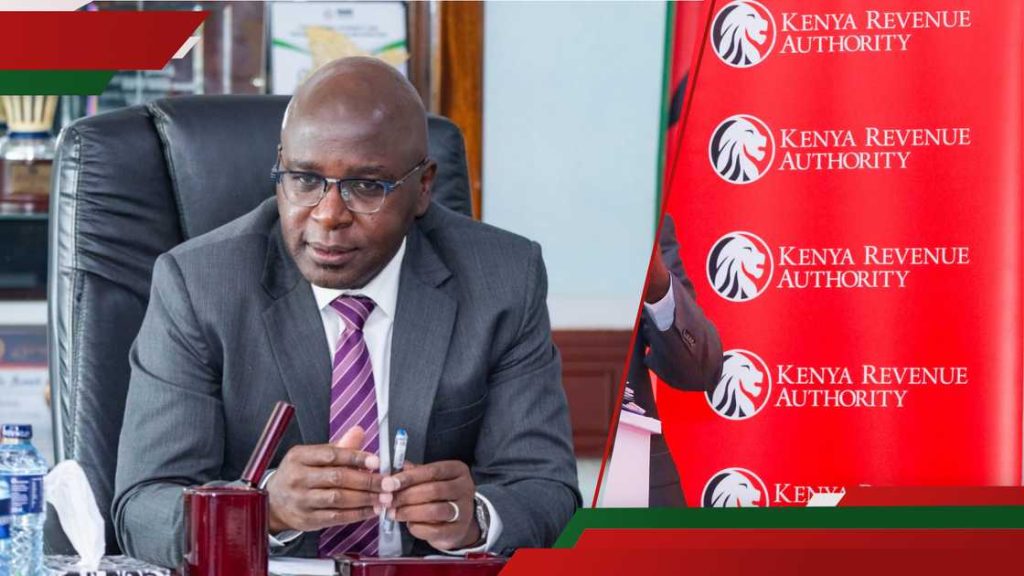
- Digital eTIMS enhances Petroleum compliance workflow.
The Kenya Revenue Authority (KRA) has set June 30th 2025 as the deadline for all fuel stations to complete their integration with the Electronic Tax Invoice Management System (eTIMS) Fuel Station System.
The petroleum sector, known for its complex and high-volume operations, was significantly impacted by the transformation.
 In response to the unique needs of the industry,KRA has launched the eTIMS Fuel Station System, designed to streamline operations and address compliance challenges previously encountered with Electronic Tax Registers (ETRs).
In response to the unique needs of the industry,KRA has launched the eTIMS Fuel Station System, designed to streamline operations and address compliance challenges previously encountered with Electronic Tax Registers (ETRs).
The new system allows for real-time, seamless invoicing through integration with a fuel station’s forecourt controller, computerized sales system, fuel management system, point of sale (POS), and/or printer, depending on the station’s automation level.
KRA champion the modernization of tax administration through the adoption of electronic invoicing and the simplification of tax declaration processes.

Since 2021, VAT-registered businesses have been required to generate electronic tax invoices using the upgraded tax registers.
This marked a pivotal shift toward enhanced compliance and transparency.
In 2023, KRA extended the scope of electronic invoicing through the introduction of a complementary software-based approach via Electronic Tax Invoice Management System (eTIMS).
This evolution broadened the coverage to include all persons in business, irrespective of VAT registration status.
“Under the new framework, a compliant electronic tax invoice must now accompany every sale regardless of the value,” said KRA.
 This integration ensures that every transaction is captured electronically and transmitted to KRA in compliance with the law.
This integration ensures that every transaction is captured electronically and transmitted to KRA in compliance with the law.
The authority says that fuel stations stand to gain significantly from adopting the eTIMS system, with key benefits including: Increased efficiency through automation, Faster Service Delivery, Enhanced System Functionality, Improve accuracy and reconciliation, simplified Tax compliance, and Real-Time Validation.
KRA said it has adopted a consultative and phased implementation approach, working closely with Oil Marketing Companies (OMCs), independent fuel retailers and industry associations.
 “Through a series of stakeholder engagements, KRA continuously addresses technical, operational and compliance concerns, fostering a shared understanding of the system’s requirements,” KRA said.
“Through a series of stakeholder engagements, KRA continuously addresses technical, operational and compliance concerns, fostering a shared understanding of the system’s requirements,” KRA said.
During the pilot phase, volunteer fuel stations were enlisted for integration, with site visits conducted to assess technical configurations, user compliance, and operational feedback.
“Lessons learned from the pilot phase informed system enhancements and stakeholder support strategies that will be applicable in the transition to full roll out,” read part of the statement.
As of April 2025, five (5) third-party eTIMS integrators were certified, with several fuel stations already successfully integrated and many others progressing through various on boarding stages.
“We encourage all fuel stations to on board eTIMS to avoid enforcement action,” the authority said.

KRA remains dedicated to assist fuel sector players with training, technical assistance and open lines of communication.







